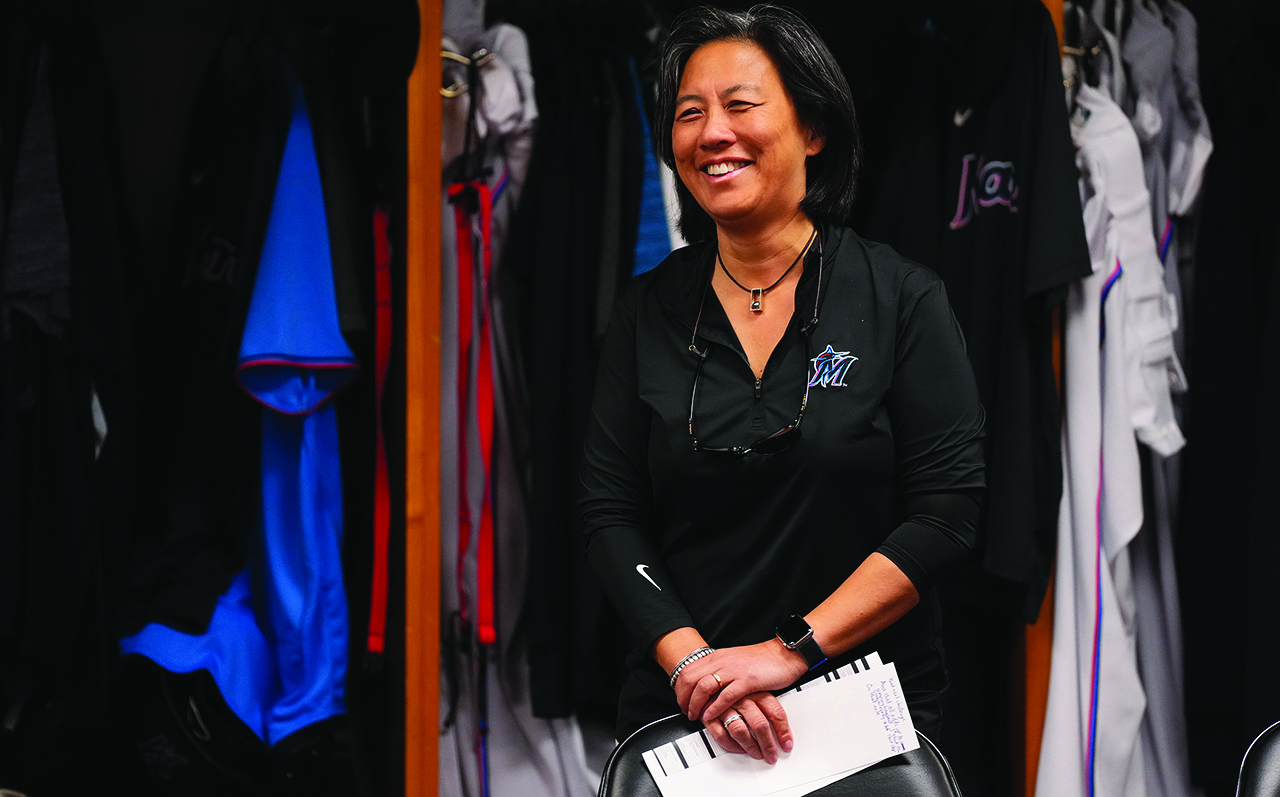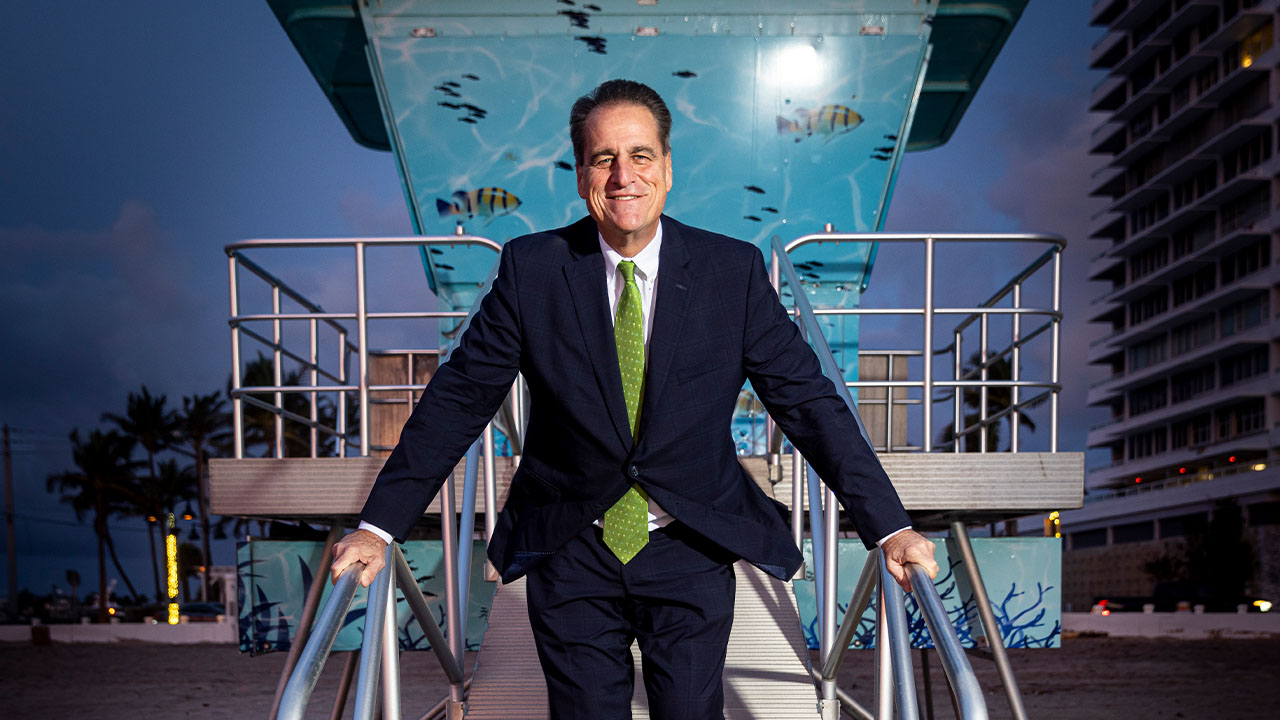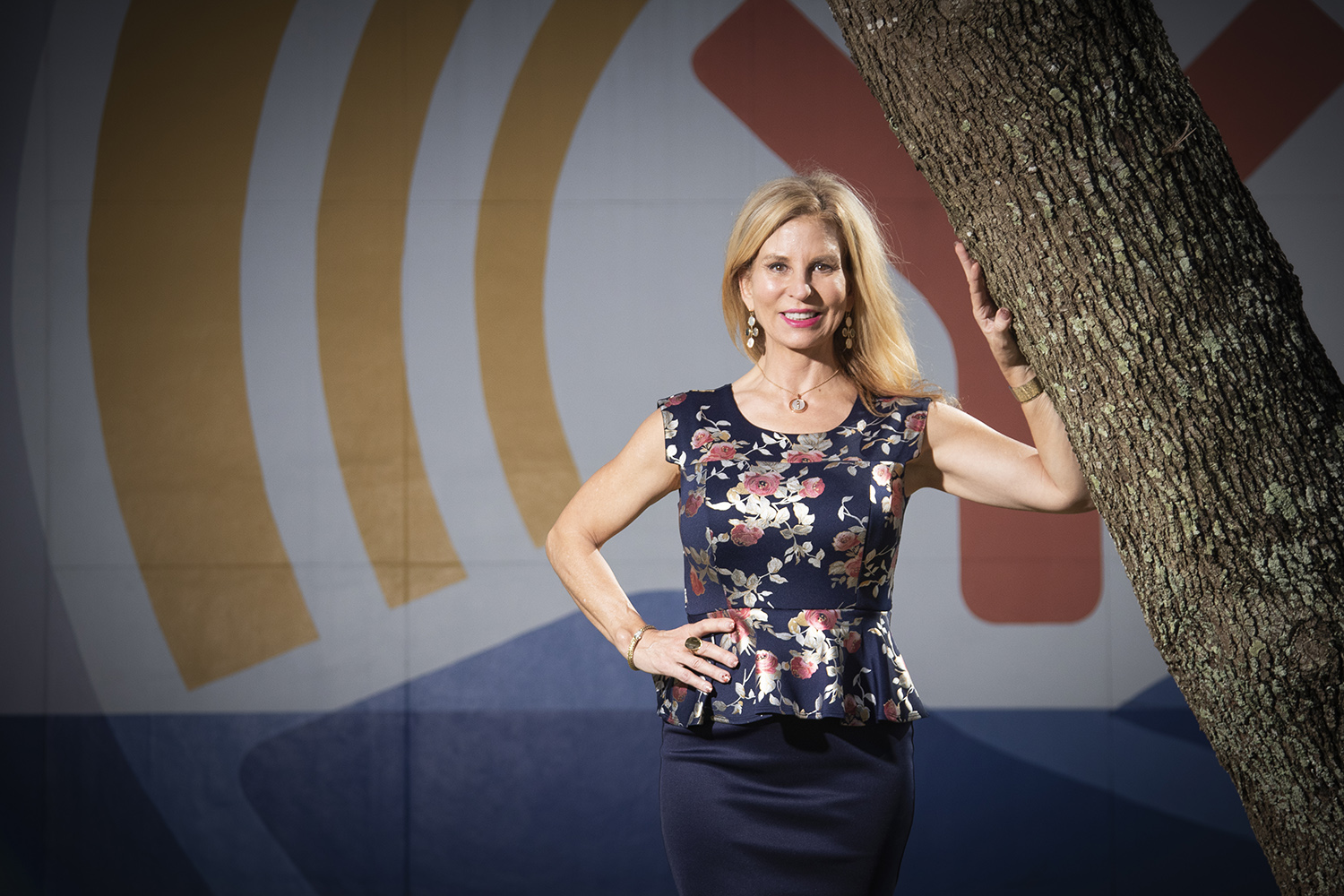What did you take away from the experiences in 2021 and 2022 that have helped you in 2023?
Where do I start?
In terms of knowing staffs, that’s been an important one. Knowing how people think, how they advise you, what are their hot-button items—where they feel strongly, where they don’t feel strongly. I’m the type of executive/leader who looks for collaboration and advice. But, in doing that, you do need to have a very good understanding of who your staff members are and how they think about issues.
Then there’s technology, which has changed more the past 10 years than in any other decade that baseball has been around. The integration of analytics, and how we can use [that information] to help us in instructing the players, has opened my eyes. This year in particular [the Marlins have incorporated analytics] in more pragmatic and sensible ways.
Not all leaders have the patience to try and understand what makes the individuals on a team tick—let alone tap into that for the benefit of the organization.
You have to take the time to do that in order to be effective in the way that I like to manage and run a process. If you don’t, everybody’s vote is going to count the same in different circumstances. And that just doesn’t make sense. There are many layers to how you think about problems. You have to understand what’s under the hood, and then you have a better idea of [what informs] those layers.
You were consistent in preaching patience with the organization’s long-term goals over the past two years, but fans are all about instant gratification. How do you reconcile the idea of building a foundation for long-term success and the desire for a quick fix?
The key to that is communication. You try to bring people along with you by explaining to them the items that you’re focused on and why. And when you’re able to accomplish small goals, you need to point those out. So, the first step is benchmarking.
The second step is showing progress. People want to feel like there’s [momentum]. Some fans can be patient as long as they know you’re heading in the right direction.
I had people stop me in the stands last year after the trade deadline. It was another deadline where we were sellers. But some people were encouraged; they told me they liked the direction the club was going and wanted us to stick with it. Words from fans are always helpful to keep your hand on the pulse of what’s going on.
On the flip side, you’re not always going to make fans happy. But you have to understand what your core values are, what your goals are, and try to be mindful about staying on the road toward those goals.
Did any of the scattered personal criticism that you were in over your head ever get to you?
When it gets kind of crazy like that, I don’t read too much. I ask [the team’s vice president of communications] to edit that for me. [Ng laughs]
This is the job that we signed up for. Clearly, it’s the fans’ love of the team that drives them to say some of those things. They’re passionate. That’s what we appreciate in sports. When I was a kid, I felt the same things about my teams.
Do I dive in and read it all? I don’t. I also tell my husband not to read too much of that stuff. At a certain point, as an executive, you have to remain unemotional in your decisions. If you’re hearing too much one way or another, you probably need to take a step back so that you stick to your convictions and goals.

For obvious reasons, so much about your hire initially involved breaking barriers—you even wore a shirt with those words on it. Having lived with it for a few years, how do you view the platform that you have?
It’s [remarkable]. It truly is. The announcement itself, at that time, received so much play. I saw the power of social media firsthand when famous people were picking up on it.
In the end, it makes me realize—but I’m also grateful for—just how big of a platform it is. And how much responsibility I have to uphold what people think can be achieved.
Is there a sense of, “I’m the first through this door, so I can’t stumble”? In other words, do feel a little added responsibility to succeed for the women who are so inspired by you?
It’s not little. And it’s a constant in my life. Because you know that you’re carrying the torch for so many people.
It’s not just about the path that I’m creating for women in baseball. It’s really about having people believe that something can be achieved that, at one time, they didn’t think was achievable for a certain person or a certain type of person.
It’s nothing I take lightly. And it’s always there. It’s there when I talk to young girls at a Marlins game. And it’s there when I’m speaking to young female executives in the business world.
Are there any encounters or texts or calls that have stood out for you over the past few years, people who’ve been influenced by your hire or your example—or your journey?
When it was first announced, there were very cool shoutouts from Billie Jean King and Michelle Obama and Hillary Clinton. Since then, it’s more like the people I recently encountered on a plane. A mom and her young daughter asked, “Are you the general manager of the Marlins?” I said, yes, and the mom said, “We heard you speak last year. It’s so fun watching you and seeing the team doing great.”
You see the way the little girl is looking at you—the adoration—and that’s so cool. The idea that, in her mind, you’ve possibly planted the seed that she could one day sit in my chair? That’s pretty amazing.















